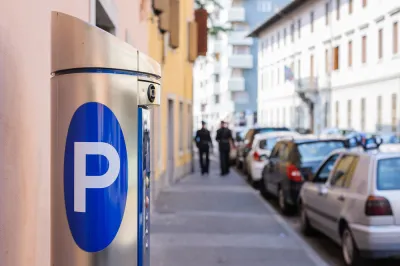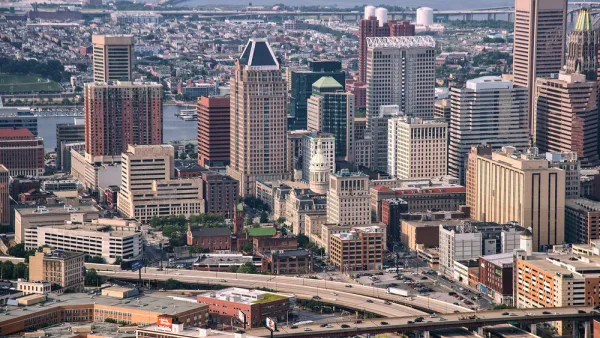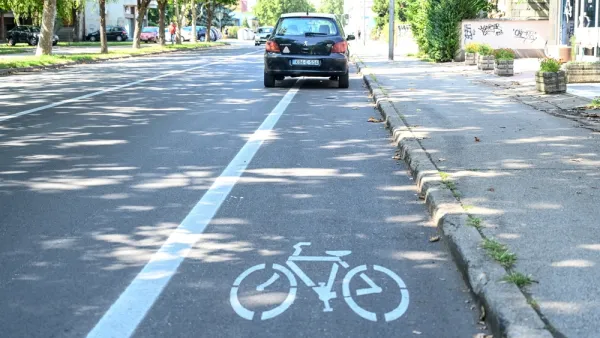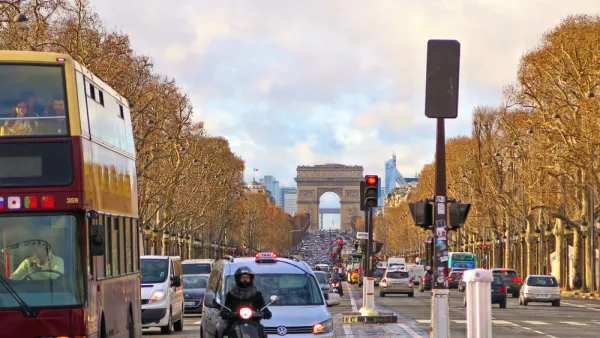Details of the parking and automobile-related revenue generated by the 25 largest cities in the United States reveals a wide range of potential effects arising from a future of self-driving cars.

Governing has released the results of a survey of the 25 largest U.S cities "for revenues that could potentially be hindered by the proliferation of autonomous vehicles."
In all, cities took in a total of nearly $5 billion in fiscal year 2016 from parking-related activities, camera and traffic citations, gas taxes, towing, vehicle registration and licensing fees. That amounts to about $129 per capita for all 25 jurisdictions. The reported data, however, suggests the introduction of self-driving cars could have drastically different effects, with some cities experiencing far greater potential reductions in revenues than others.
As detailed in the article, the difference in how cities collect parking revenue will account for big discrepancies in the potential effect of self-driving cars. Parking fines, parking fee collections, and special parking taxes all figure into the equation. Still, it's likely that the $5 billion figure under reports the total revenue related to automobiles. Sales taxes related to automobile-related purchases and gas taxes are not figured into the survey.
The article presents the data in ten categories for all 25 large cities, as well as specific and detailed insight into parking and automobile-related revenue each of the 25 cities.
FULL STORY: Special Report: How Autonomous Vehicles Could Constrain City Budgets

National Parks Layoffs Will Cause Communities to Lose Billions
Thousands of essential park workers were laid off this week, just before the busy spring break season.

Retro-silient?: America’s First “Eco-burb,” The Woodlands Turns 50
A master-planned community north of Houston offers lessons on green infrastructure and resilient design, but falls short of its founder’s lofty affordability and walkability goals.

Delivering for America Plan Will Downgrade Mail Service in at Least 49.5 Percent of Zip Codes
Republican and Democrat lawmakers criticize the plan for its disproportionate negative impact on rural communities.

Test News Post 1
This is a summary

Test News Headline 46
Test for the image on the front page.

Balancing Bombs and Butterflies: How the National Guard Protects a Rare Species
The National Guard at Fort Indiantown Gap uses GIS technology and land management strategies to balance military training with conservation efforts, ensuring the survival of the rare eastern regal fritillary butterfly.
Urban Design for Planners 1: Software Tools
This six-course series explores essential urban design concepts using open source software and equips planners with the tools they need to participate fully in the urban design process.
Planning for Universal Design
Learn the tools for implementing Universal Design in planning regulations.
EMC Planning Group, Inc.
Planetizen
Planetizen
Mpact (formerly Rail~Volution)
Great Falls Development Authority, Inc.
HUDs Office of Policy Development and Research
NYU Wagner Graduate School of Public Service





























